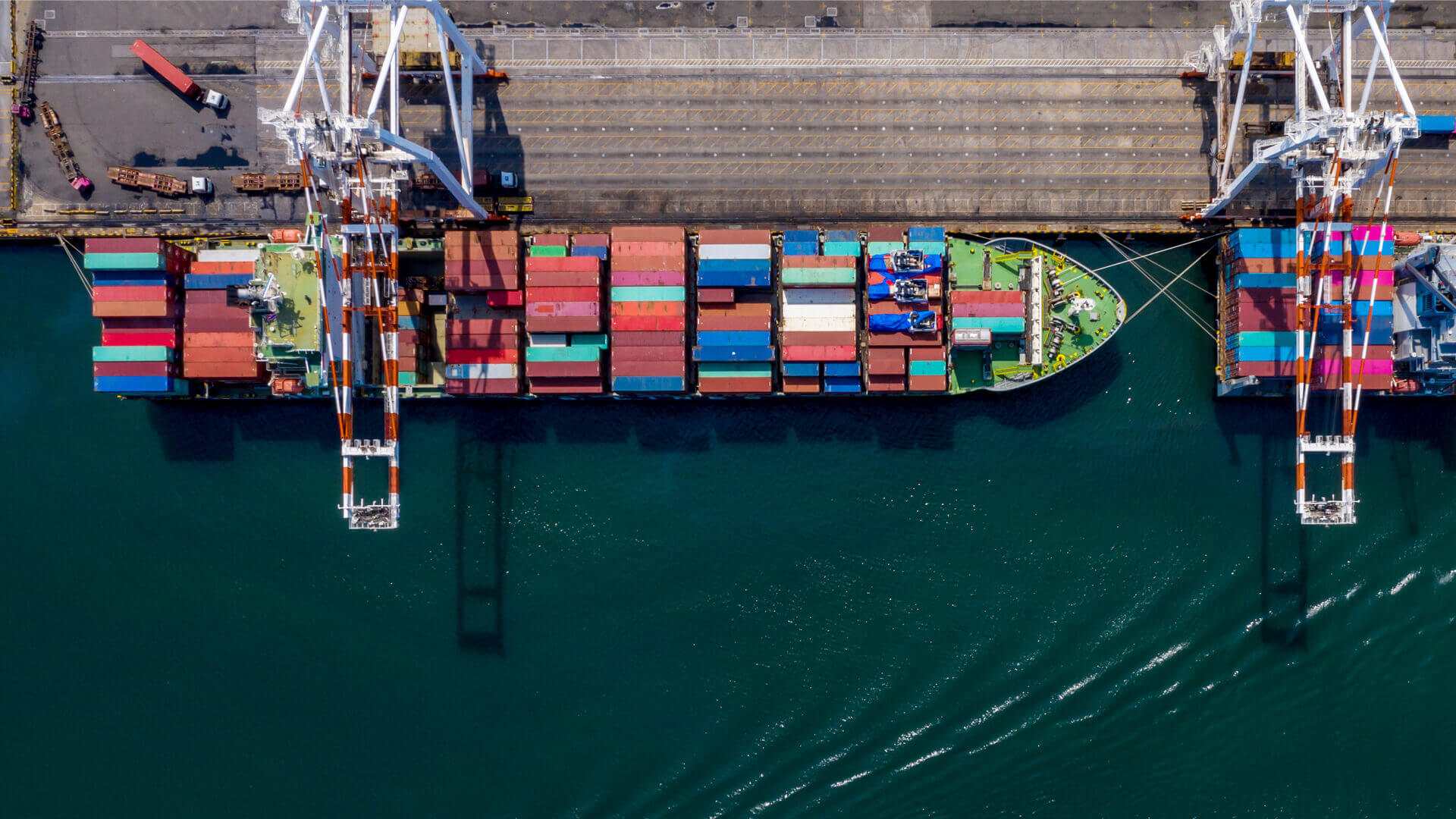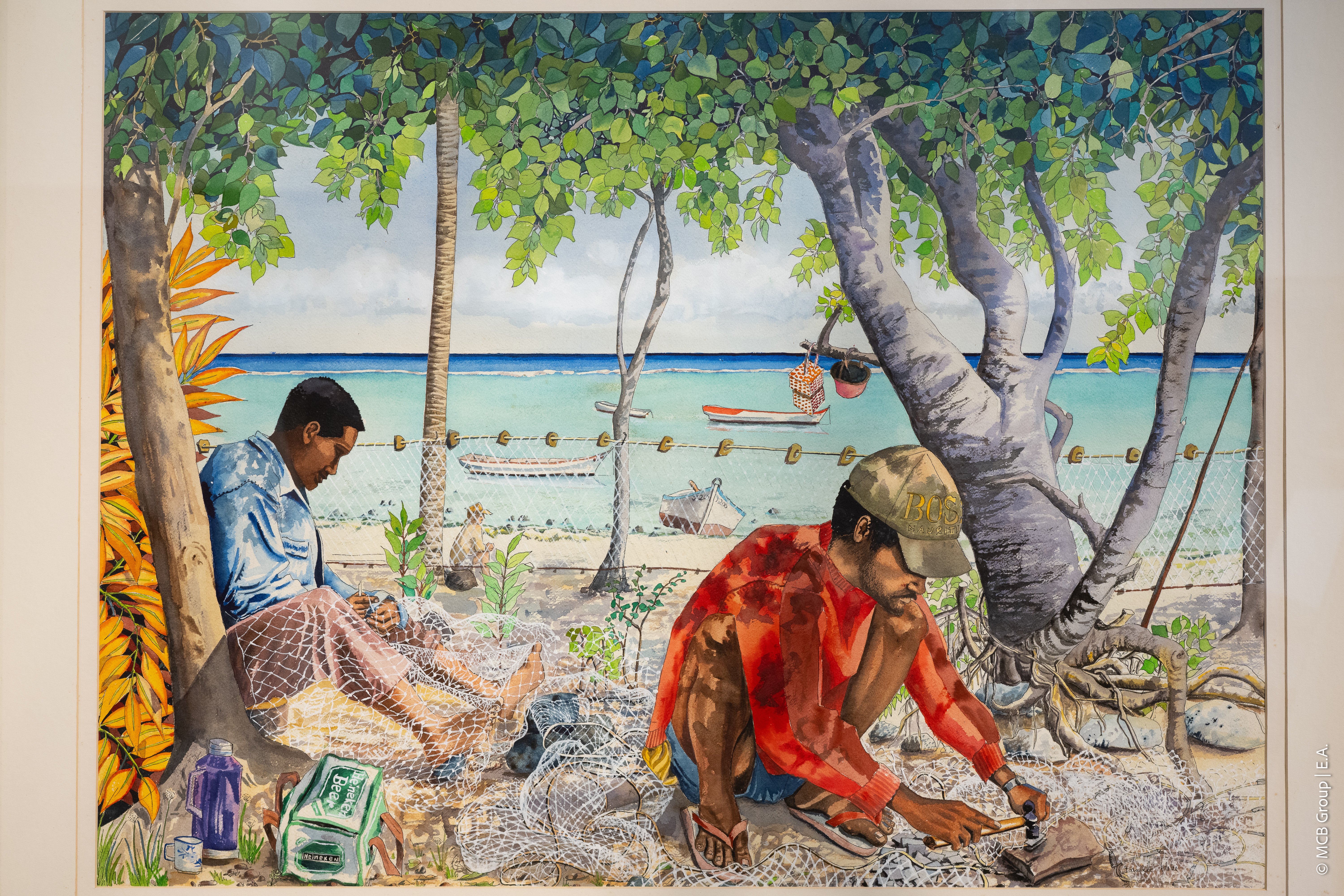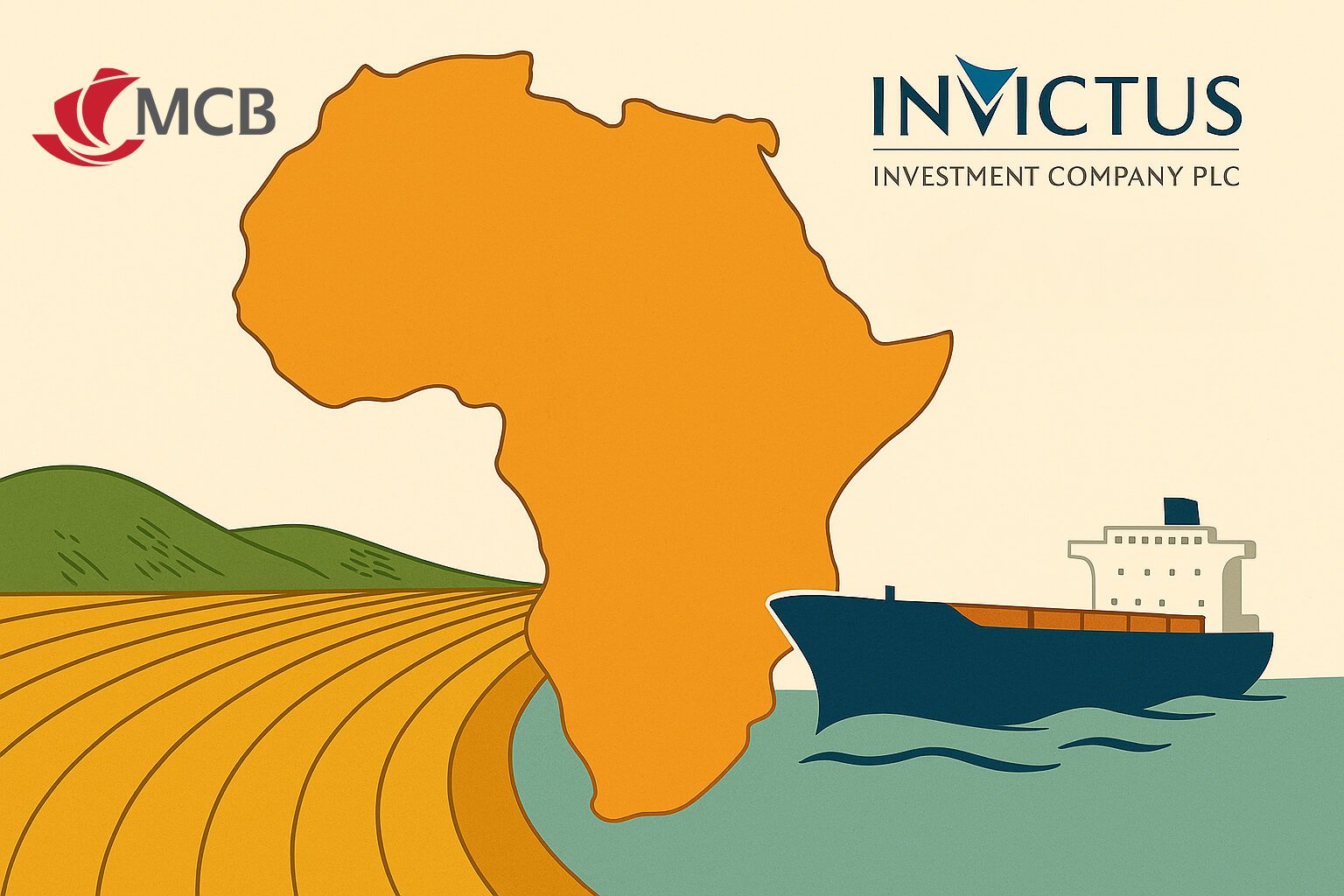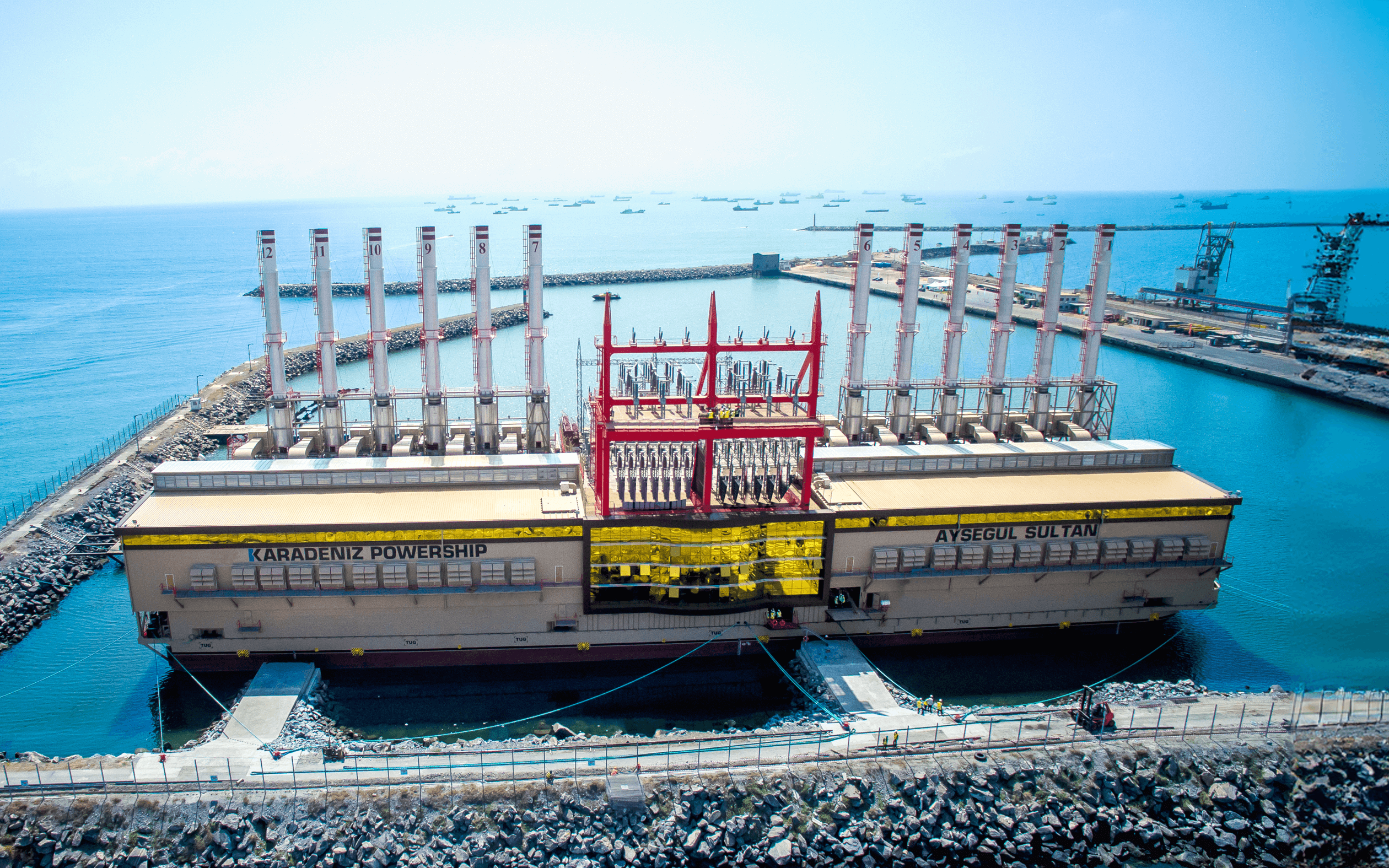- Home
- Investors Centre
- Sustainability
- Talent
- News
- Insights
- TH!NK
- Corporate Governance
- Company Profile
- Board of Directors
- Community
- MCB Offices
Contact Info
Navigating the economic crossfire: The impact of US tariffs on Africa

As the United States reignites its trade war playbook, imposing sweeping tariffs on a range of imports, the ripple effects are being felt far beyond Washington and Beijing. Global supply chains are being disrupted, investor confidence is shaken, and recession risks are rising. But while the world's economic giants dominate the headlines, smaller, trade-dependent nations—especially in Africa— also face acute risks, despite having little to do with the root causes of the conflict. Africa may not be the target, but it is certainly collateral damage.
Africa's vulnerability to US tariffs
The new US tariffs are particularly challenging for African countries that rely on exports like textiles, agriculture and minerals. Many African nations benefit from trade agreements like the African Growth and Opportunity Act (AGOA), which provides duty-free access to the US market. However, these benefits are now at risk, with uncertainty surrounding whether the new executive order supersedes the existing AGOA terms. Countries such as Lesotho, Madagascar, and South Africa are among the most exposed. For example, Lesotho sends nearly half of its textile exports to the US, while Madagascar relies on the US for a significant portion of its textile and vanilla exports. The tariff hikes could undermine these critical export markets.
Even in oil-exporting countries like Nigeria and Angola, while oil remains exempt from the new tariffs, the broader economic uncertainty and fluctuations in global oil prices create significant fiscal risks.
Mauritius: A contained but surprising impact
Mauritius, which exports around 10% of its goods to the US, has been caught somewhat off guard by the magnitude of the tariffs imposed which is 40%. While its direct exposure is relatively limited—mainly in textiles covered by AGOA and live primates—there are concerns about the broader economic effects. A slowdown in key global markets could impact sectors like tourism and financial services, which are crucial to Mauritius’ economy. Indeed, though the direct trade hit may be contained, the heightened uncertainty around international trade could lead to indirect challenges.
Opportunities amidst the challenges
While the immediate effects of US tariffs are causing concern, Africa can turn this challenge into an opportunity. Countries like Kenya, which exports garments under AGOA, may benefit as they face a lower tariff than competitors in Asia. Besides, a revised AGOA framework is likely to prioritise critical minerals, benefiting the DRC. The US is already pursuing a minerals and security partnership with the country, and the Trump administration has reaffirmed backing for the Angola-Zambia-DRC rail corridor.
As it is, at the time of writing, President Trump announced a 90-day pause on reciprocal tariffs, presenting a brief but valuable window for countries to strike bilateral agreements with the US. This development could allow African nations to negotiate more favourable terms or solidify their access to the US market.
However, for many African nations, the key to mitigating these risks lies in diversifying trade relationships and looking to regional markets. Initiatives like the African Continental Free Trade Area (AfCFTA) offer a chance for African countries to deepen their intra-regional trade and reduce reliance on external markets.
The path forward: Strategic alliances and diversification
For African countries, the tariffs highlight the importance of diversifying trade partners. China, for example, has recently increased its engagement with Africa, signing free trade agreements with 33 African countries. Strengthening ties with other emerging markets in Asia and the Gulf can help reduce dependence on the US and ensure more stable trade relationships. Moreover, Africa’s focus should shift toward strengthening regional trade under AfCFTA, which could cushion the continent from global shocks. By working together, African nations can create more resilient economies that are less vulnerable to external pressures.
The US tariffs have exposed Africa’s vulnerabilities in the global trade system. However, this disruption also presents an opportunity to rethink trade strategies. By focusing on diversification, regional cooperation, and building stronger ties with alternative partners, African countries—including Mauritius—can not only weather the storm but also emerge more resilient. In this challenging environment, Africa must act quickly to strengthen its internal trade and reduce reliance on external markets, ensuring a more secure economic future.
Subscribe to our Email Alerts
Stay up-to-date with our latest releases delivered straight to your inbox.
Contact
Don't hesitate to contact us for additional info
Email alerts
Keep abreast of our financial updates.














